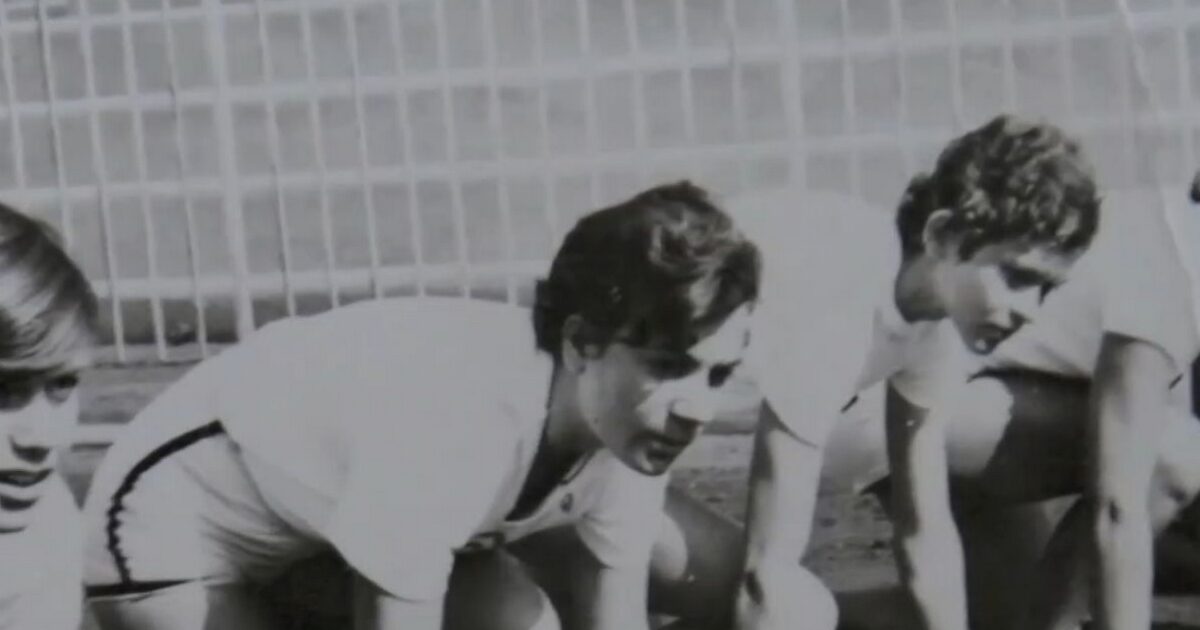The countdown to the 42nd Authentic Marathon of Athens began, with the capital of Greece welcoming the two days of November 8 and 9, the biggest celebration of sports and the running movement. The preparations for its holding are thus in the final stage
But what is the history of the Authentic Marathon, the biggest sporting event, which is, among other things, a symbol of celebration, history and peace?
Marathon comes from the story of a Greek messenger. According to her, Miltiades immediately after that famous battle sent Pheidippides, who was considered the fastest marcher of the Athenian army at the time, from the field of Marathon to Athens to announce the victory against the Persians. He is said to have run the entire distance without stopping and entered the Assembly of Parliament, where he exclaimed “Nenikikamen” (we have won) before collapsing and dying.
The history of Marathon
In ancient times there was no “marathon road” as a sport, nor was anything similar established. When the modern Olympic Games became a reality at the end of the 19th century (1896), the founders and organizers were looking for a great event, reminiscent of the ancient glory of Greece. The idea of organizing the marathon came from the French linguist and Hellenist Michel Bréal, who proposed during the revival of the 1896 Olympic Games in Athens “the repetition of that famous road that the soldier of Marathon ran”.
In fact, it is said about Breal, that although he had been involved in writing books on topics from Greek Mythology and ancient Greek history, initially when he made the above proposal he did not know how much this distance actually was. But when he was informed that it was about 40 km he tried to back off but it was too late as the race had already been included in the official race program and had been sent to various countries. Finally, he offered to inaugurate this new event himself, for which the national benefactor Georgios Averof also inaugurated a cup.
This idea was also supported by Pierre de Coubertin, the founder of the modern Olympic Games, as well as the Greeks. The winner of the first Olympic marathon in 1896 (for men only) was Spyros Louis, a Greek water carrier. He won the Olympics with a time of 2 hours 58 minutes and 50 seconds.
The women’s marathon was introduced at the 1984 Olympic Games (Los Angeles, USA) and the winner was Joan Benoit of the United States with a time of 2 hours 24 minutes and 52 seconds. It has become a tradition for the men’s marathon to be the last event to finish in the Olympic Stadium, and often hours later, the closing ceremony. The 2004 Summer Olympics marathon was revived on the traditional route from Marathon to Athens ending at the Panathenaic Stadium.
Authentic Marathon: The history of the Marathon road – The legendary Spyros Louis and the records that made history
Spyros Louis: The legendary marathon runner
Spyros Louis & Stelios Kyriakidis “put on” masks!
Today more than 800 marathons are run around the world each year, with the vast majority being amateurs who run for charity or simply for the experience. The biggest marathons have tens of thousands of participants.
